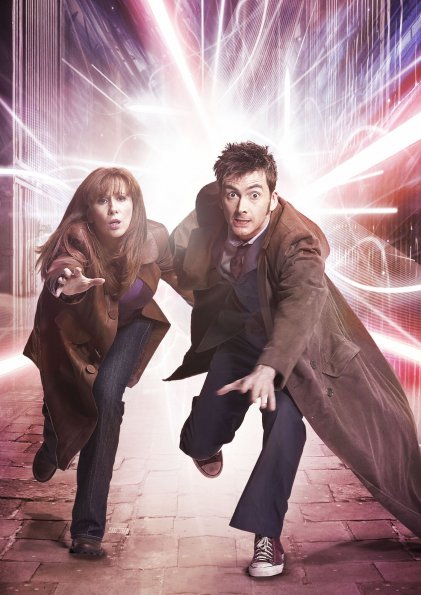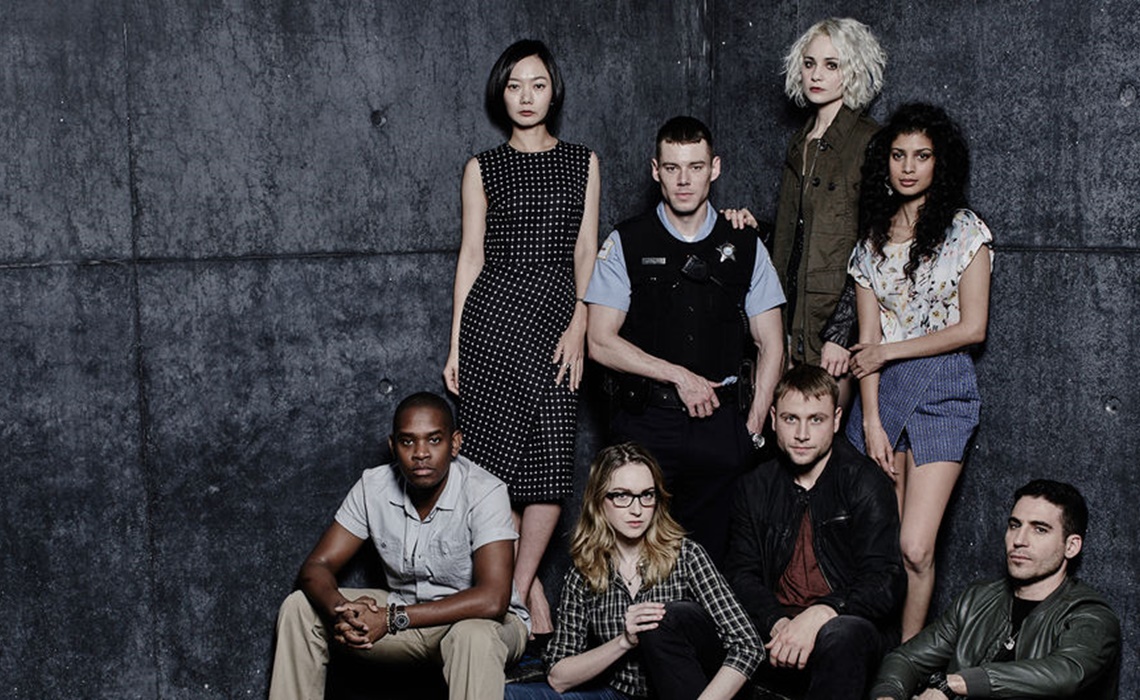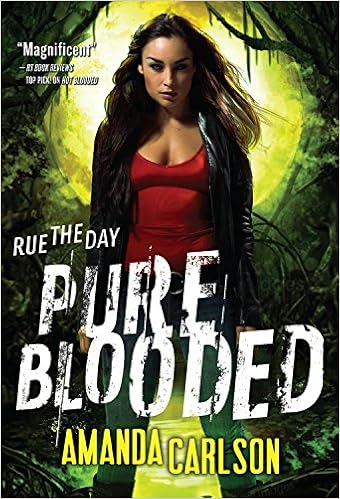David Tennant's first full episode of
Doctor Who was the Christmas Special of 2005. Tennant would go on to be one of the most beloved of the Doctors, with his rakish good looks and awesome comedic timing. I must be honest, I was absolutely not onboard with the change in Doctors. I loved Eccleston and really was not pleased to see him go, particularly because at first, Tennant's Doctor felt like a complete stranger to me. Thankfully, Billie Piper stayed on as the Doctor's companion, so she gave the regeneration a bit of much needed continuity, even if I could have done without her mother Jackie.
The Christmas episode is the first hint of the type of Doctor David Tennant would be. The Doctor's regeneration left him quite incapacitated and so Rose brings him back to her home to recuperate. This is a confusing time for both Rose and new fans. At this point, we have no idea what form the 10th Doctor's personality will take. When the Santa robots attack and the Christmas decorations go absolutely bonkers, Rose wakes the Doctor and he responds by sitting directly up in bed, and using his sonic screwdriver. The Santa Robots are followed by the Sycorax, who force a significant portion of humanity up onto rooftops, thus holding humanity hostage. Because of the Doctor's regeneration, negotiations are initially handled by Prime Minister Harriet Jones.
When the Doctor arrives on scene, he quickly manages to free the humans from the roof tops and challenges the Sycorax leader for possession of the earth. In the battle, the Doctor has his hand cut off (yes, that hand will appear again) but because he hasn't finished his regeneration, he is able to re-grow it. After a short battle, the Doctor is unsurprisingly victorious. When he turns his back on the Sycorax, it decides to make an under handed attack and without warning, the Doctor kills him. In quite an impassioned speech, the Doctor makes it clear that humanity and the earth is protected.
In the Doctor's absence, Prime Minster Harriet Jones had gotten into contact with Torchwood, an organization which will feature strongly in this season. Even though the Sycorax are retreating thanks to The Doctor, Harriet Jones decides to send a stronger warning and orders the Sycorax ship shot out of the sky. This greatly enrages the Doctor and in response, he brings about the end of her political career, thus changing history. In
The Christmas Invasion, the first thing we learn about the Doctor is that he will give no quarter if crossed and is more than willing to set himself up as the moral authority on violence. This is quite a change from Eccleston, who had been more than willing to give his adversaries second chances and didn't demand absolute agreement with his position.
I found myself sympathising with Harriet Jones because the fact of the matter is that earth was indeed vulnerable to invasion. In fact, Torchwood acted in exactly the way it was designed to act by its founder Queen Victoria. Torchwood would go on to feature in
Tooth and Claw, Army of Ghosts and of course
Doomsday. The situation with the Sycorax escalated in the first place because the Doctor was incapacitated. Yes, The Doctor did pledge to keep humanity safe but what Jones ensured is that aliens would learn from this incident that with or without the Doctor, humanity had the ability to take care of itself. Jones acted to ensure that aliens thought twice before invading again and it bothers me that The Doctor didn't think before he acted. It seems that the 10th Doctor believes that only he has the right to decide who lives and who dies.
New Earth marked the first time that Rose traveled to another planet with the 10th Doctor and the return of one of my favorite characters/villains in the Whoverse, The Lady Cassandra (moisturize me moisturize me). This is the episode that sold me on Tennant as the Doctor. I loved watching as Cassandra moved back and forth between The Doctor's body and Rose's body. Piper and Tennant's acting was absolutely perfect and their transitions seamless. I also loved
New Earth because I found the story of artificially grown humans bred to produce cures for other sick species/people particularly compelling. Medical research has long been advanced through testing new innovations on particularly marginalized people.
New Earth however missed the mark by making the artificially grown humans nearly homogeneous, thus missing the opportunity to tell a story about the vulnerability of people of colour when it comes to scientific research.
I cannot address
New Earth without talking about the end result for Lady Cassandra ("spoilers" said in River Song's voice) Lady Cassandra happens to be the only trans* character introduced in NuWho. Once again, she is up to no good and is absolutely determined to not only live on but live well. Once foiled by The Doctor and forced to give up Rose's body, she inhabits Chip - a cloned human. Unfortunately, Chip is unable to survive the transfer and Cassandra is forced to concede that her life is over. With the help of The Doctor, Cassandra travels back in time to her happiest day, and tells herself that she is beautiful before dying in her younger incarnations arms. The ending of
New Earth, bothered me for quite some time. Yes, everything dies but Cassandra's end was particularly tragic and problematic given that she was framed as someone who had outlived her worth - a Norma Desmond unwilling to admit that her time is over. It once again cemented the idea that only certain bodies matter and even then, they are restricted to a specific from. As long as Cassandra could pass as a beautiful Cis woman, she was entitled to accolades and the moment she drifted away from that, she became nothing more than a sad perversion. Given that the Lady Cassandra is the only trans* character in all of the Whoverse, she absolutely deserved better.
My two favourite episodes this season are
The Impossible Planet and
Satan's Pit. Having lived for nearly a thousand years at this point, it's quite easy to believe that the Doctor has in fact seen everything that the universe has to offer but
Satan's Pit puts that theory on end when the Doctor meets The Devil. Even with all of his intellect, the Doctor cannot categorize or even fully understand what he has seen. He simply resigns himself to the fact that he was victorious in the end.


















